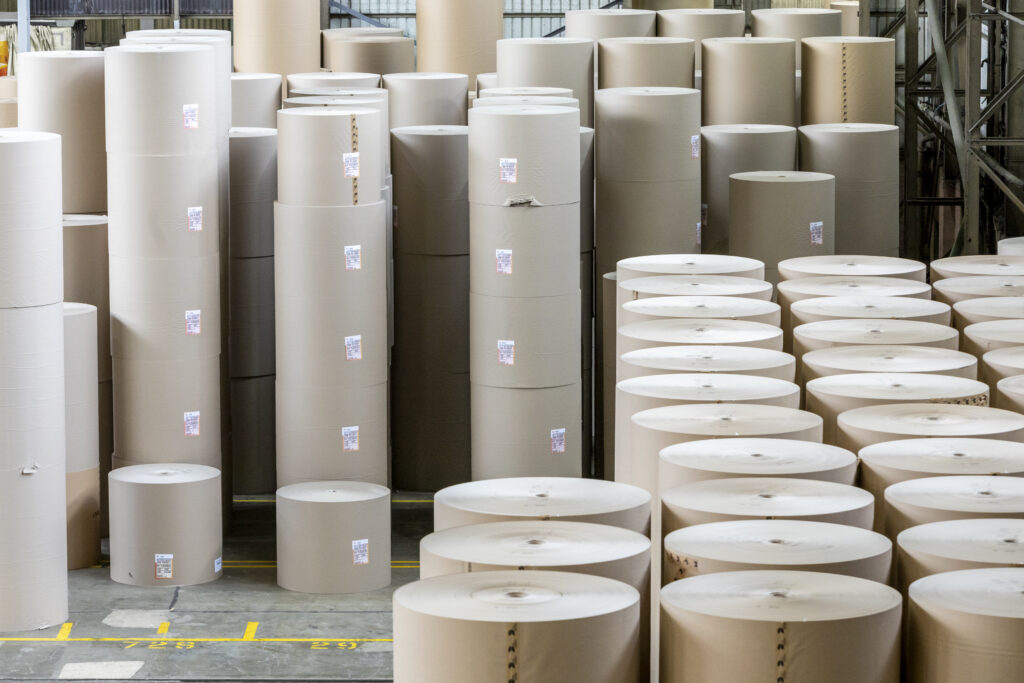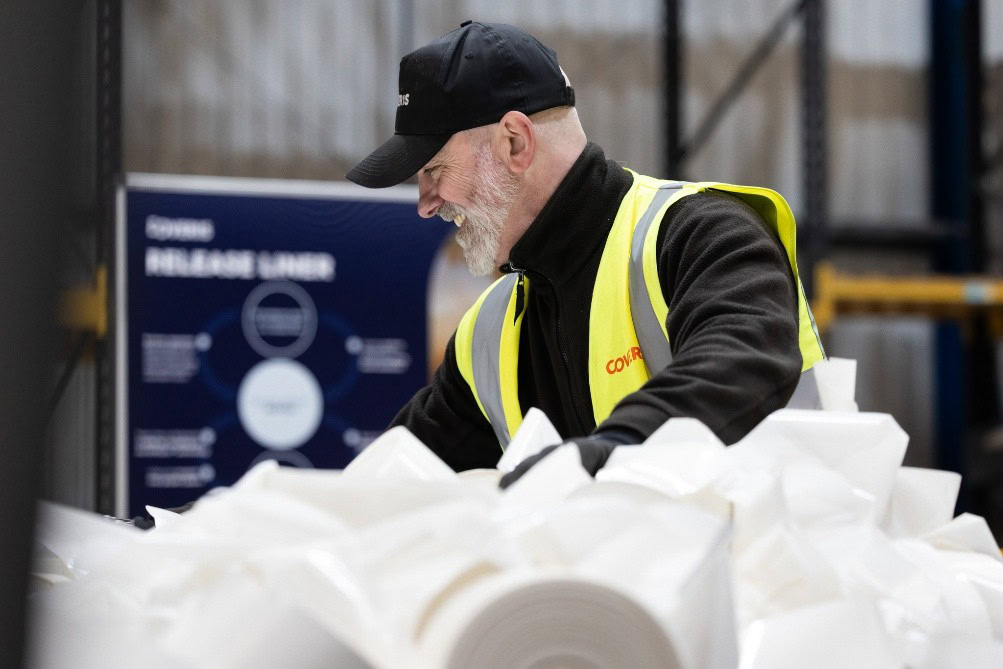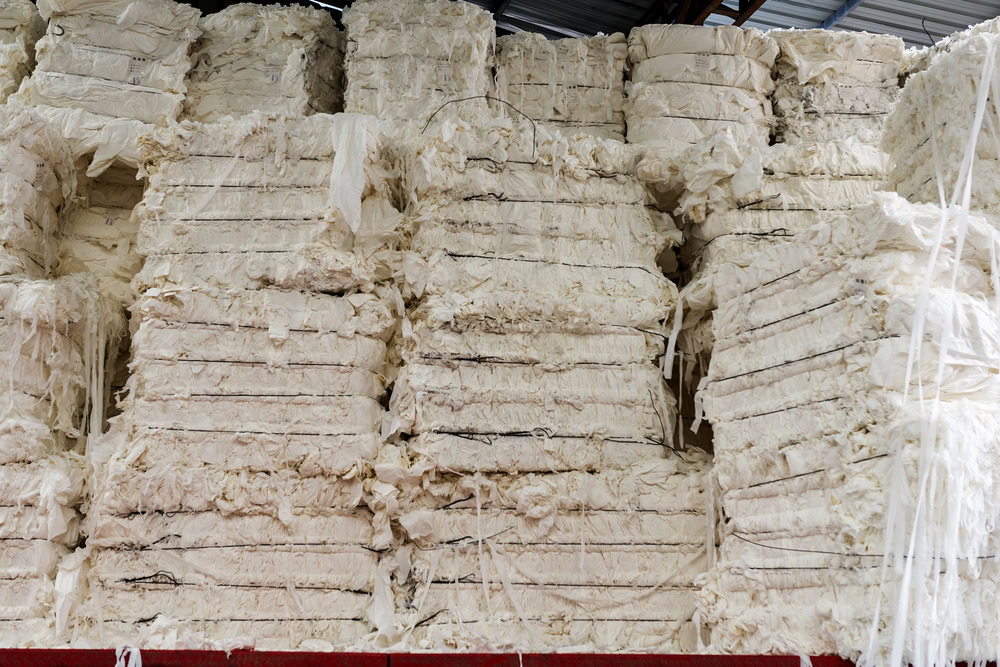
A new free-to-use website is being set-up as part of a joint Defra and direct marketing industry deal so householders can opt-out of receiving all types of advertising mail, often referred to as junk mail. This replaces the current out-dated system, where households have to register on three separate websites or apply by post to stop the different types of unwanted direct mail from being delivered.
Under the new deal, a package of measures will reduce the amount of unwanted advertising mail produced and cut waste through greater recycling.
Industry puts estimates for the current volume for direct mail at nine billion items of unaddressed mail and 1.7 billion of addressed direct mail.
380,000 tonnes of direct marking material were produced in 2009, of which almost 80% was recycled.
Mrs Spelman said:Weve all returned home from holidays to be greeted by a mountain of unwanted, unsolicited mail waiting behind the front door, most of which is thrown straight out. These piles of paper irritate householders, waste businesses money and are environmentally unsustainable.
Thats why I struck this deal with the Direct Marketing Association (DMA) to give people more control over what gets posted through their letterbox but also to make sure the direct mail we do find useful is produced to higher standards and is fully recyclable.
This also throws down the gauntlet to those companies hand-delivering brochures and fast-food menus to respect no junk mail signs and only deliver what people want.
Website
The website, which is scheduled to go live in April 2012, forms part of an agreement that Defra has struck with the DMA, the professional body representing the UKs direct marketing industry. The current means of opting out include the Mailing Preference Service, the Your Choice Preference System and Royal Mails Door to Door opt-out service.
The three-year agreement will see the industry undertake a number of initiatives to contribute to the governments plans to move towards a zero-waste economy.
By 2014, the amount of unwanted direct mail hitting door mats is expected ti fall significantly through the marketing industry increasing its current use of suppression lists which includes opt-out, do not contact and gone-away lists – by 25%
Companies are also being asked to produce all direct mail from recyclable paper that has originated from a certified sustainable source, or made from recycled paper.
The DMA will develop a carbon calculator for paper direct marketing material by the end of 2013 so that businesses can see the carbon footprint of the direct mail they produce and deliver and take action to lower it.
DMA
The direct mail responsibility deal fulfils a commitment in the Governments Waste Review announced in June.
Chief of operations for the Direct Marketing Association (DMA), Mike Lordan, said: We know that many types of advertising mail are welcomed by consumers, such as supermarket discount offers. Of course, untargeted and irrelevant advertising mail is not welcome. Its this we want to eliminate.
Were keen to ensure that people are able to make an informed choice about whether or not they want to receive advertising mail. The new agreement weve struck with Defra will help to simplify how householders manage what they receive in the post.
Unwanted mail is an annoyance and an unnecessary cost to business. By cutting this out we will also be helping to improve the environmental performance of the industry.









Subscribe for free